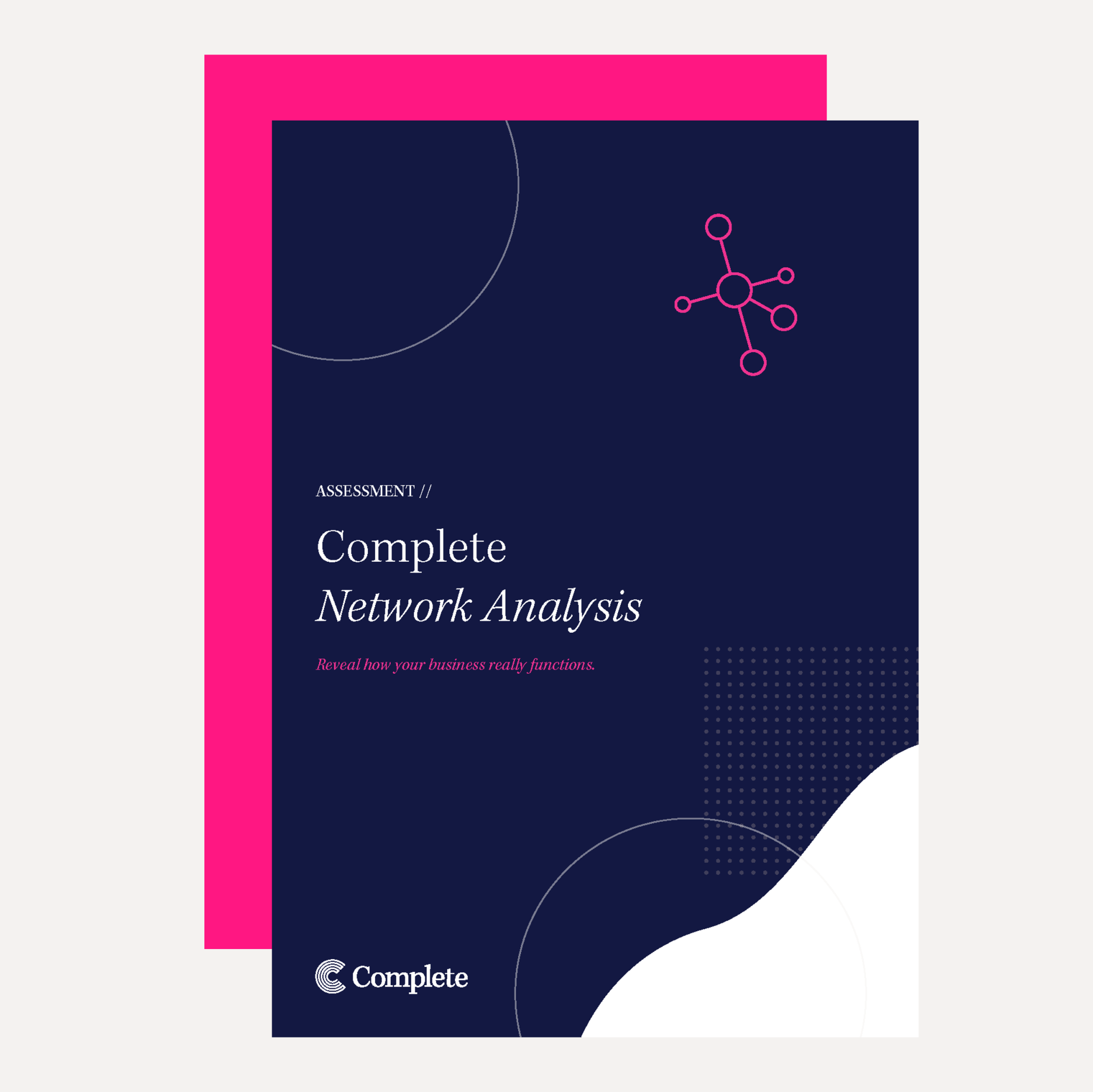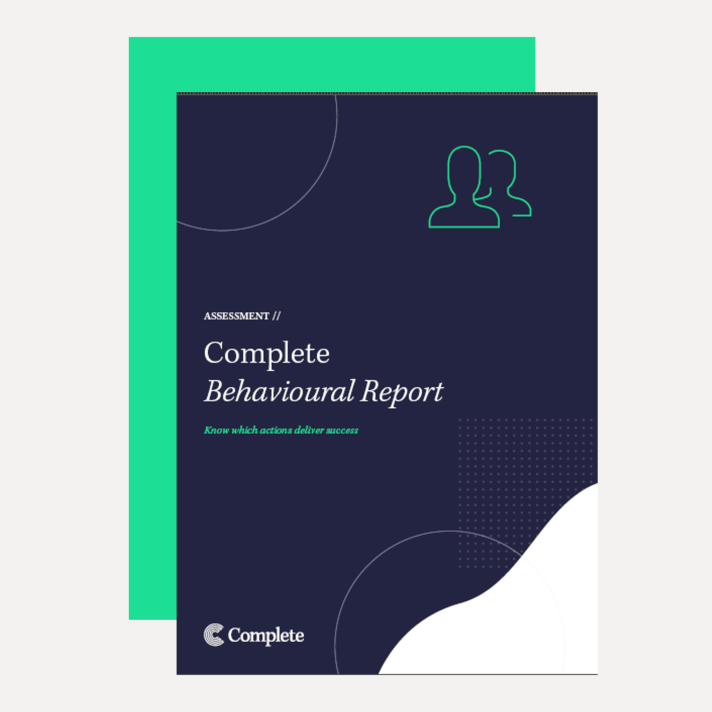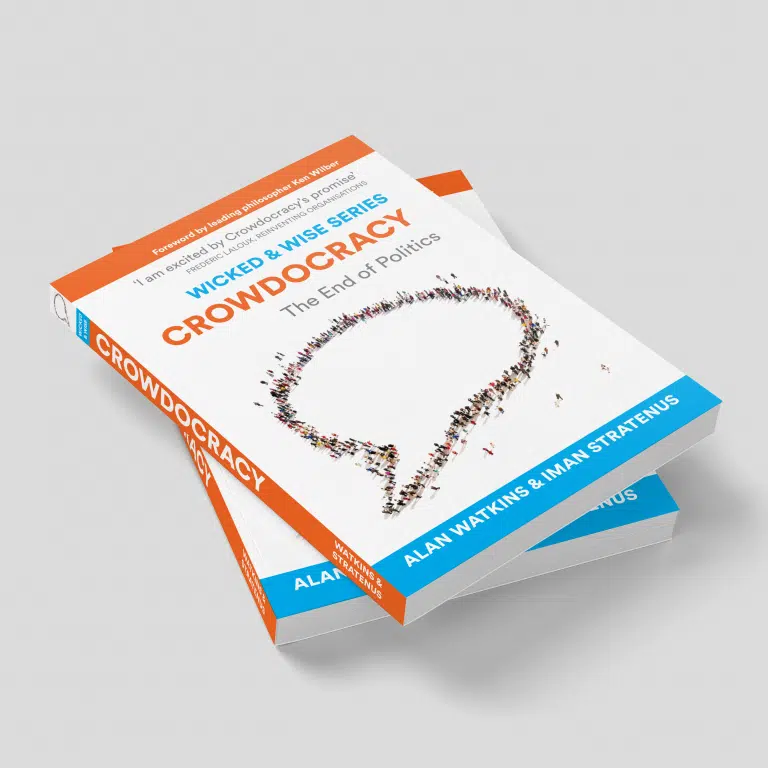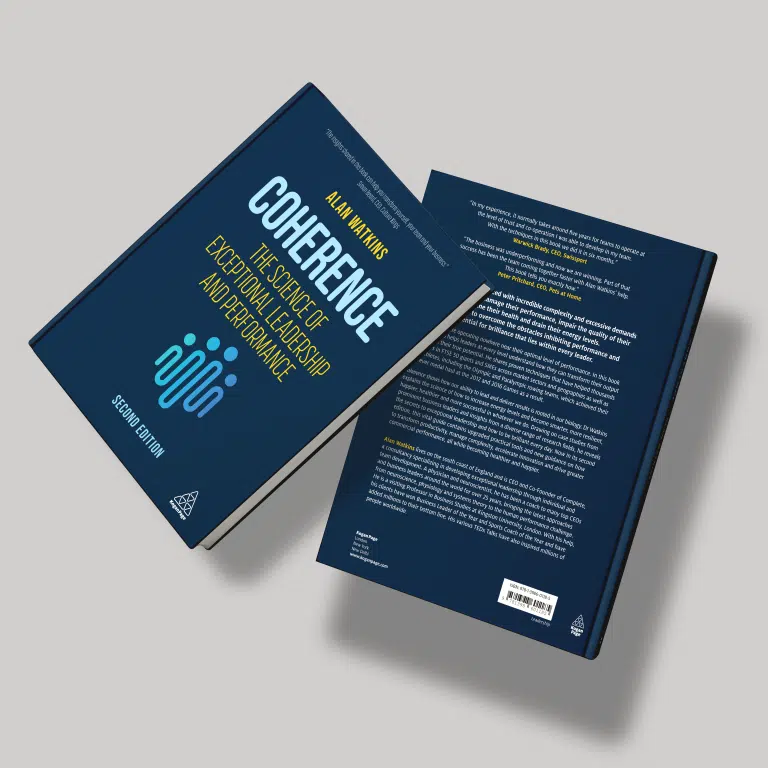Remote working has become so pervasive for many of us over the last year that we’ve almost forgotten what it’s like to be in a shared workspace. For some, the benefits of no commuting and more personal space have been welcome. For others, the continuous Zoom or Teams meetings and lack of face-to-face contact have been draining. For most, I guess the reaction has been somewhere in the middle of those two extremes. Transition coaching can support a successful move back to shared workspaces.
As we look forward to workplaces opening up and face-to-face (keeping our 2m distance of course) interactions beginning again, it’s a good time to think about how we can make that adjustment as successful as possible. In this article, we consider how our value systems can provide a useful insight into how we’ll manage and how we might be able to support each other with the transition.
Values influence our behaviour
Our values and beliefs determine how we respond to different situations – including moving back into a shared workspace – and values tend to be a more powerful determinant of behaviour than beliefs. Many of the tensions that occur in teams, are mistakenly labelled as personality clashes, when they are actually the result of differences in value systems.
Understanding our values
Assessments like the Complete Values Profile enable individuals, teams and organisations to understand values and, as a consequence, tap into how someone learns, thinks, is motivated and operates.
The Complete Values Profile represents the values systems as a spiral. Each values system emerges from its predecessor, transcending and including it.
Insights into the values system we operate from are particularly helpful when it comes to times of significant change – like moving back into our offices.
For example, someone operating primarily from a Purple (Paternalism) values system is going to be concerned how everyone in their team or ‘tribe’ is going to be protected and assessing the level of risk for a move back to the office.
Someone operating primarily from a Red (Power) value system might view moving from full-time remote working, to full-time office working as way to consolidate or build greater power and influence. They might believe that ‘presenteeism’ is the way to ‘win the work battle’.
On the other hand, someone operating primarily from a Green (People) value system would most likely be listening and inviting views from all the staff before making any pronouncements. They will use inclusive language that involves not just their team or silo but taking a wider view.
How a coach can help
Understanding our values system is just the first step. Experienced coaches who are trained in assessments like the Complete Values Profile can use insights to support better relationships in the workplace. They can work with individuals on transition coaching. This means having conversations that can sometimes be challenging, but that ultimately enable us to better connect and communicate with each other no matter where we work and how often we meet in person. The combination of values assessment and expert transition coaching can open up whole new levels of understanding and agility. This will ensure that workplace transitions are successful and can result in better performance both for individuals and entire organisations.
Complete offers Complete Values Profile certification for coaches. To find out more, contact us or email katie@complete-coherence.com



























